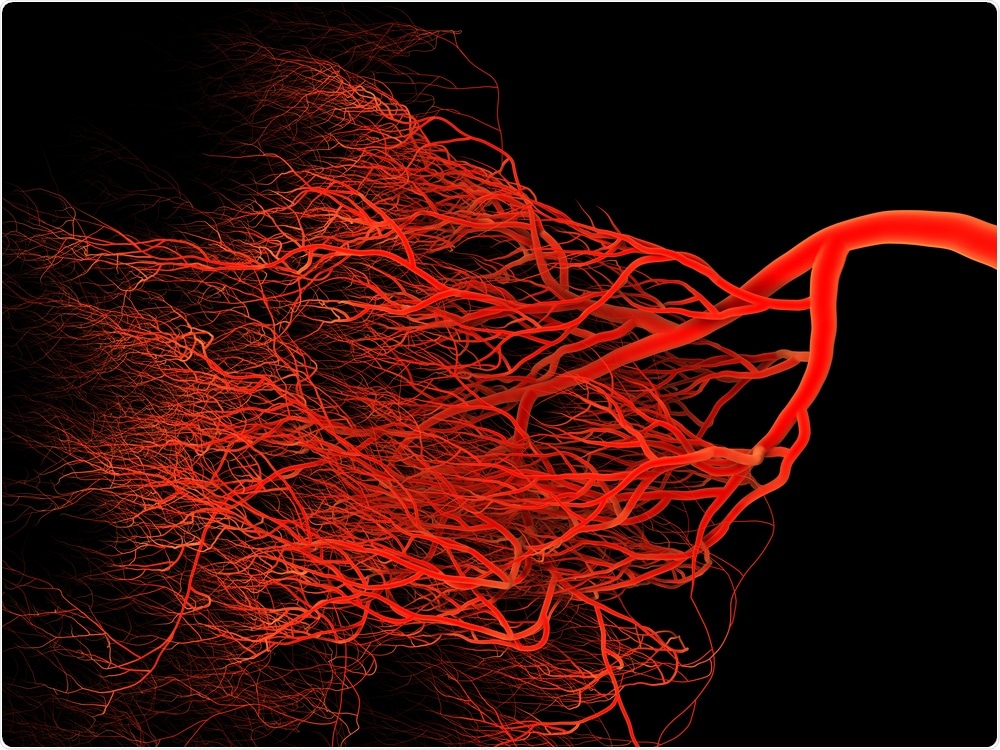For the first time, researchers at the University of British Columbia have successfully cultivated “vascular organoids” in a petri dish that perfectly mimic real human blood vessels.
 Inozemtsev Konstantin | Shutterstock
Inozemtsev Konstantin | Shutterstock
The breakthrough technology uses stem cells to grow organoids that could advance researchers understanding of vascular diseases such as diabetes, cardiovascular disease, Alzheimer’s, wound healing, cancer and stroke.
"Being able to build human blood vessels as organoids from stem cells is a game changer," says senior author Josef Penninger.
As recently reported in the journal Nature, Professor Penninger and colleagues used the technology to identify a pathway that is key to potentially preventing the vascular changes that cause morbidity and death in diabetes.
An estimated 420 million people worldwide are affected by diabetes, many symptoms of which arise due to vascular changes that impair blood circulation and deplete the supply of oxygen to tissues.
Despite the wide prevalence of diabetes, little is known about the blood vessel changes the disease causes - a limitation that has hindered the development of much-needed treatments.
To address this problem, Penninger and team developed 3-D human blood vessels as organoids that mimicked the structure and function of real human blood vessels.
When the team transplanted the organoids into mice, they found that the organoids developed into perfectly functional human blood vessels, including capillaries and arteries.
The study shows that not only can vascular organoids be engineered in a petri dish from human stem cells, but they can be grown into functional human vascular system in animal models.
Our organoids resemble human capillaries to a great extent, even on a molecular level, and we can now use them to study blood vessel diseases directly on human tissue.”
Dr. Reiner Wimmer, First Author
One disease feature of diabetes is the abnormal thickening of the vascular basement membrane, which impairs the supply of oxygen and nutrients to cells and tissues. This causes an array of complications including heart attack, kidney failure, stroke, blindness and peripheral artery disease that can lead to amputation.
Penninger and team investigated the effects of exposing the vascular organoids to a “diabetic” environment in a petri dish.
Surprisingly, we could observe a massive expansion of the basement membrane in the vascular organoids. This typical thickening of the basement membrane is strikingly similar to the vascular damage seen in diabetic patients."
Dr. Reiner Wimmer, First Author
The team then looked for chemical compounds that could prevent the membrane thickening but found that none of the anti-diabetic drugs currently available were effective. However, they discovered that an inhibitor of the enzyme y-secretase did stop the thickening, suggesting that y-secretase inhibition could provide a new approach to treating diabetes.
Penninger and colleagues say the study findings could help them identify the causes underlying vascular disease and potentially enable them to develop and test new therapies for diabetes.
Source
Scientists grow perfect human blood vessels in a petri dish